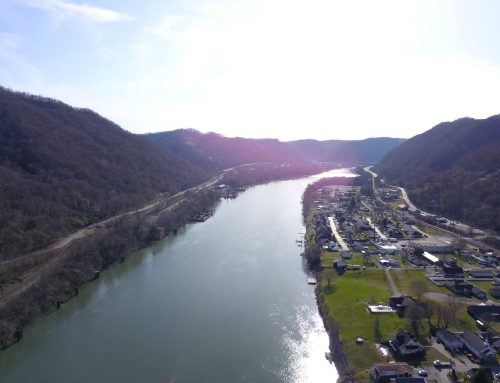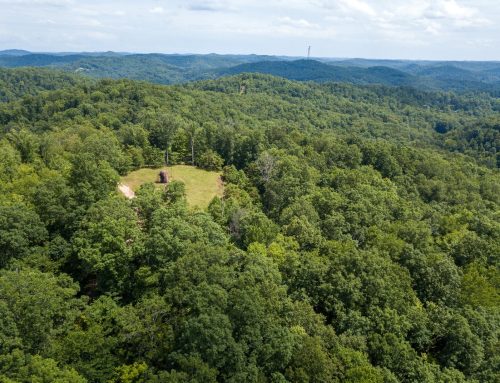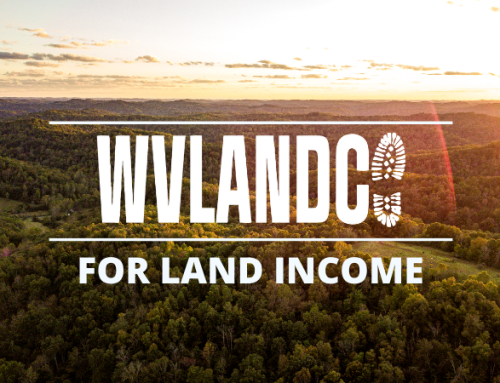West Virginia was born out of the civil war. The reasons were many but West Virginia land and its landscape and land use were high on the list. West Virginia lays on the west side of the Alleghenies with no Piedmont, no Atlantic coast and few sizeable farms and plantations at the time of the civil war, especially when compared to Virginia. This western land was used and settled primarily as relatively small acreage subsistence farms nestled in the hills and hollows on the western side. Life was hard for these landowners and settlers but they knew that the land was bountiful with natural resources, rainfall, seasons and climate and they knew that what they worked and toiled for would be their own doing – their own “land development”. The natural resources they found and later extracted were greater in volume and value than they ever imagined. Coal, timber, agriculture, salt, oil, natural gas, limestone and much more were all abundant in these western hills and still are today.
Today, West Virginia’s land remains beautiful, rugged and virtually untamed in most places. It’s hardwood forests are more bountiful than ever. Tourism is a key industry. Hunting and the wildlife habitat that supports it is booming. And plots of land are being worked more than ever before by adventurous homesteaders, hunters, nature lovers, farmers, tree farmers, land based small business owners and folks just wanting something real and different. West Virginia’s aging landowner population provides ample land purchase and lease opportunities. Combine this with some of the lowest property taxes in the nation and the freedom to “work the land” like you see fit, not like a state or local authority sees fit (WV has no county zoning) and it’s no wonder that thousands of folks have discovered their new frontier of land ownership of today in West Virginia.
West Virginia landowners take pride in using what opportunities their land gives them and most of all they enjoy the freedom to do it. Timber ownership and investment, great hunting and wildlife diversity, abundant trails for hiking, biking, ATV, and enjoying and managing the forest. Four seasons abound every year in their full splendor. Small towns dot the landscape and even our largest cities maintain their small town charm. Flowing creeks, streams and rivers are everywhere along with some of the best mountain views and vistas in the Appalachians.
Come take a look at what West Virginia land has to offer. You will be greeted with West Virginia charm, sincerity and just plain ‘ol common sense and good “land sense”.





